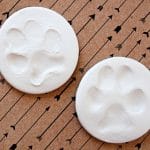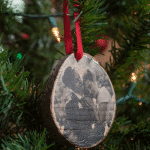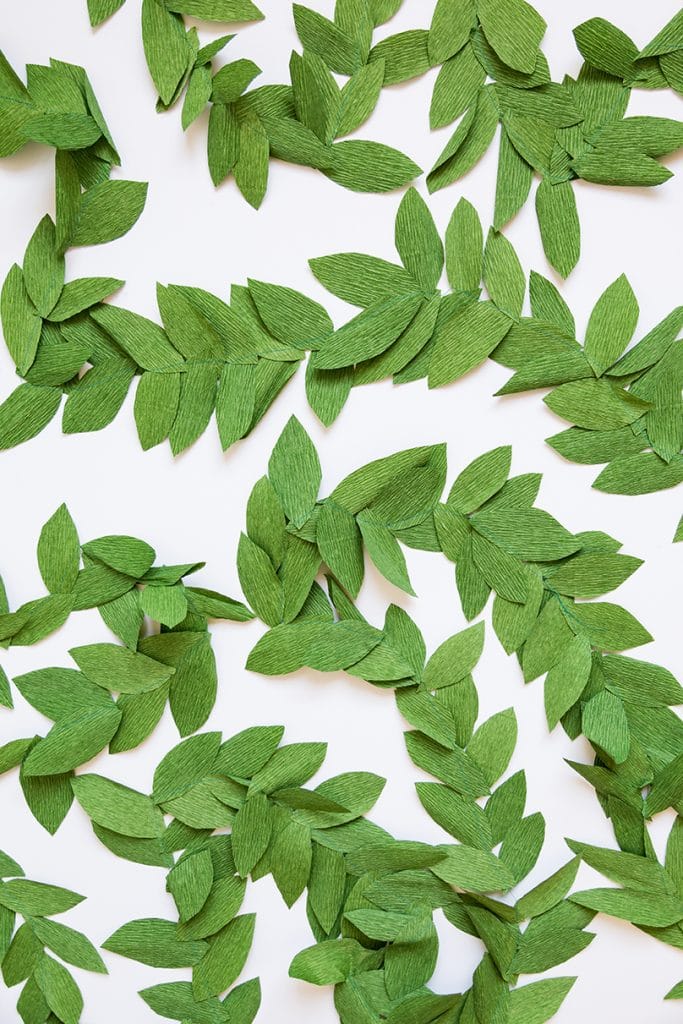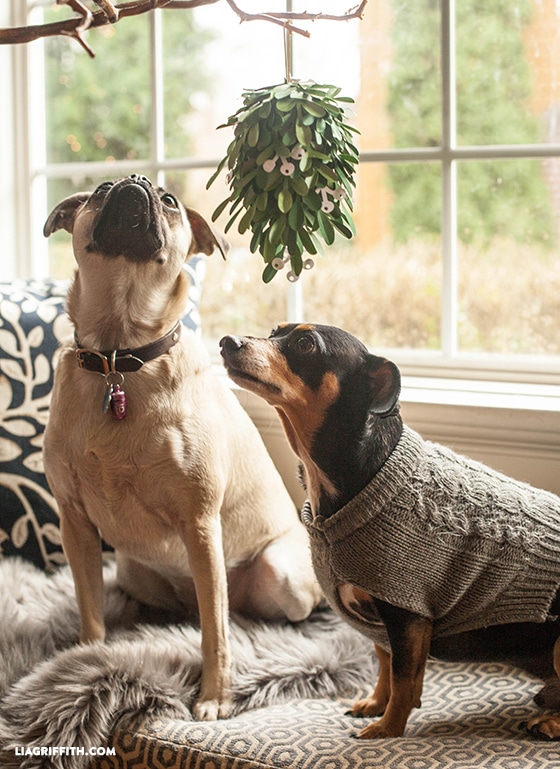Pet-Safe Holiday Décor
The Holidays are here and it’s time to deck the halls with snazzy new décor! We all know the usual festive foods and decorations to avoid – mistletoe, ribbons, tinsel, and chocolate, to name a few – but there are less obvious risks that can seriously harm your pet. Avoid the pitfalls of dangerous holiday décor and check out our alternatives for pet-safe holiday crafts.
Avoid Salt Dough Crafts/Ornaments

You’ve seen them everywhere, you probably even made a few growing up or your own child may have just brought one home from school, but these easy to make salt dough crafts contain a large amount of salt that can potentially be deadly for pets.
Salt toxicity (or hypernatremia) is no joke! It can cause vomiting, lethargy, incoordination, and twitching in affected dogs and cats. If left untreated, hypernatremia can cause seizures and death. Be sure that any salt dough crafts (even if they’re years old) are kept out of reach of pets. Even a small amount of salt dough could be dangerous, so don’t wait to contact your veterinarian if you suspect your pet may have eaten a salt dough craft or is showing signs of salt poisoning.
Try these personalized ornament ideas instead


Check Cautionary Product Labels on Craft Supplies
The Art and Creative Materials Institute provides a seal on many craft products letting buyers know the safety or toxicity of the product. Check the product labels on craft supplies such as glitter, chalk, paint, crayons, colored pencils, and inks, for an “AP” (Approved Product) label that means the product is not toxic.
If the seal reads “CL,” or Cautionary Labeling, and you think your pet may have ingested one of these products, consult your veterinarian right away. Don’t worry too much if your pet licks up a little glitter on the floor, it probably isn’t cause for concern, but your pet may have some very festive poop later!
Choose Natural Plants Carefully
Live plants can provide great looking holiday décor, but certain festive foliage should be avoided when pets are around. Ingesting these plants can often cause intestinal problems, diarrhea, nausea, vomiting, or worse in some cases.
It’s best to avoid these particular kinds of plants when decking the halls:
- Mistletoe
- Holly Berries and Ivy
- Poinsettia
- Jerusalem Cherry
- Lilies and Daffodils
For a fresh holiday display that won’t put your pets at risk, try red roses, white orchids, or Christmas cacti instead.



Make your own faux foliage


Protect and Secure Christmas Trees and Ornaments
Cats can especially be curious about Christmas trees and other decorations, it’s important to keep your pets safety in mind when putting up a tree. Here are some simple tips to make your tree as safe as possible:
- Consider an artificial tree! Most real trees have sharp needles that can scratch your pet as well as being mildly toxic if ingested. Cats also tend to think natural tree trunks are a scratching post. Make sure your tree isn’t too tall either – the taller tree, the easier it is to topple.
- Select the right location for your tree, away from other fixtures your pet could stand up on or jump off of.
- Make sure your tree base is stable and anchor your tree to the wall for added safety.
- Choose ornaments and garland wisely and make sure they’re secured. Use shatterproof ornaments and hang important/breakable ornaments at the top of the tree. Secure ornaments and garland to your tree by forming the metal hook of your ornament into a complete circle so that the ring clasps the branches.
- Avoid using any food as décor.
- If using a live tree, cover the base of the trunk with tin foil to avoid pet’s chewing on or playing with the trunk. Don’t allow pets to drink from your tree’s water container, use a receptacle that can be covered or hide it underneath a tree skirt.
- Spray your tree branches and trunk with bitter apple spray. This safe and non-toxic chemical produces a smell that offends pets and will deter them from playing with your tree.
We hope these tips help keep your furry family safe this holiday season. If you think your pet may have ingested something they shouldn’t have, don’t hesitate to give your veterinarian a call.
Download our Hazards in the Home handout for a complete list of foods and everyday items that are harmful to pets.
Happy Holidays from all of us at City Way Animal Clinics!
